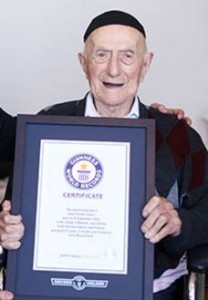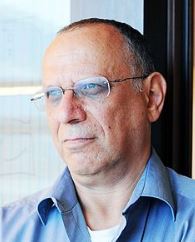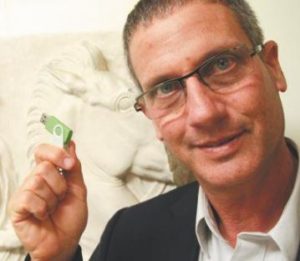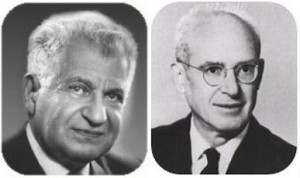Izrael Icek Krysztal (b. 1903) was born near Zarnow, Poland to an Orthodox Jewish family. At the young age of three he started his studies at a religious school, and by six was already well-versed in Biblical and Talmudic knowledge. He survived the First World War as a teenager, despite the fact that his father had been drafted into the army, and his mother had passed away. After the war, he and his father reunited, and settled in Lodz where they opened up a candy shop. Kristal married and had two children. It wasn’t long before another World War broke out, and Kristal’s family was sooned moved to the Lodz ghetto, where both of his children died. Some time later, he and his wife were sent to Auschwitz, then transferred to several other labour camps. When the camps were liberated, Kristal weighed just 37 kilograms. Tragically, his wife didn’t make it, and neither did anyone else in his extended family. Starting anew once more, Kristal remarried, and made aliyah to Israel in 1950, where he has lived ever since. He continued working in his profession as a confectioner, first at a candy factory, and then from his own home. Last week, Guinness World Records confirmed Kristal as the world’s oldest living man (in addition to his previous recognition of being the oldest living Holocaust survivor). He is now nearing his 113th birthday. Still devoutly observant, Kristal says he hasn’t missed a day of laying tefillin for over 70 years, since the end of the Holocaust. He has nine grandchildren, and many more great-grandchildren. When asked what one should eat for a long life, he said: “There wasn’t always food in the camps. I ate what I was given. I eat to live, and I don’t live to eat. I don’t need too much. Anything that’s too much is no good.”
UPDATE: Sadly, Israel Kristal passed away in August of 2017.
Words of the Week
I don’t know the secret for long life. I believe that everything is determined from above and we shall never know the reasons why…
– Israel Kristal




